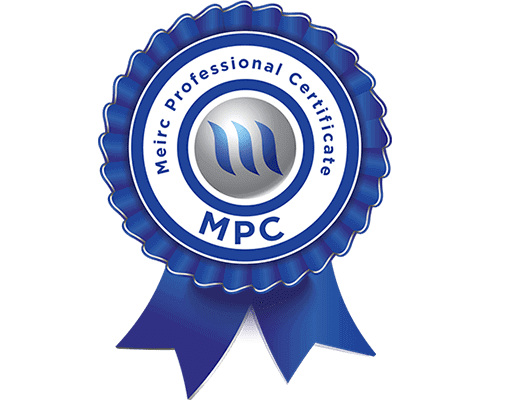
Certified Instructional Design Practitioner
Why Attend
The most effective kinds of learning initiatives are those which are meticulously designed to bridge performance gaps and consequently, impact business results. Attending this course will allow you to experience a hands-on approach to instructional design principles implemented in a business environment. This course aims at translating learning theories into customized action development initiatives. This allows learners to improve, provides instructors with focus while delivering learning, and eases the job for training and development professionals to recommend best learning solutions. The course is extremely practical mainly aiming at making you highly skillful in every aspect and phase of instructional design.





